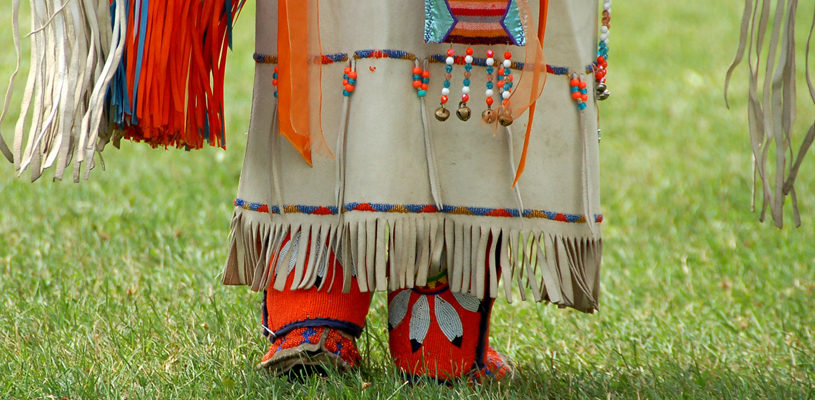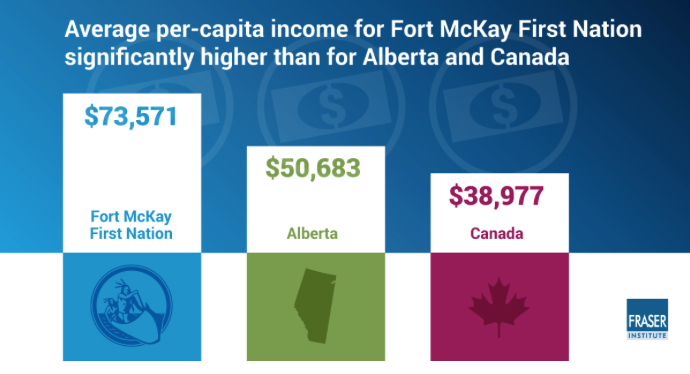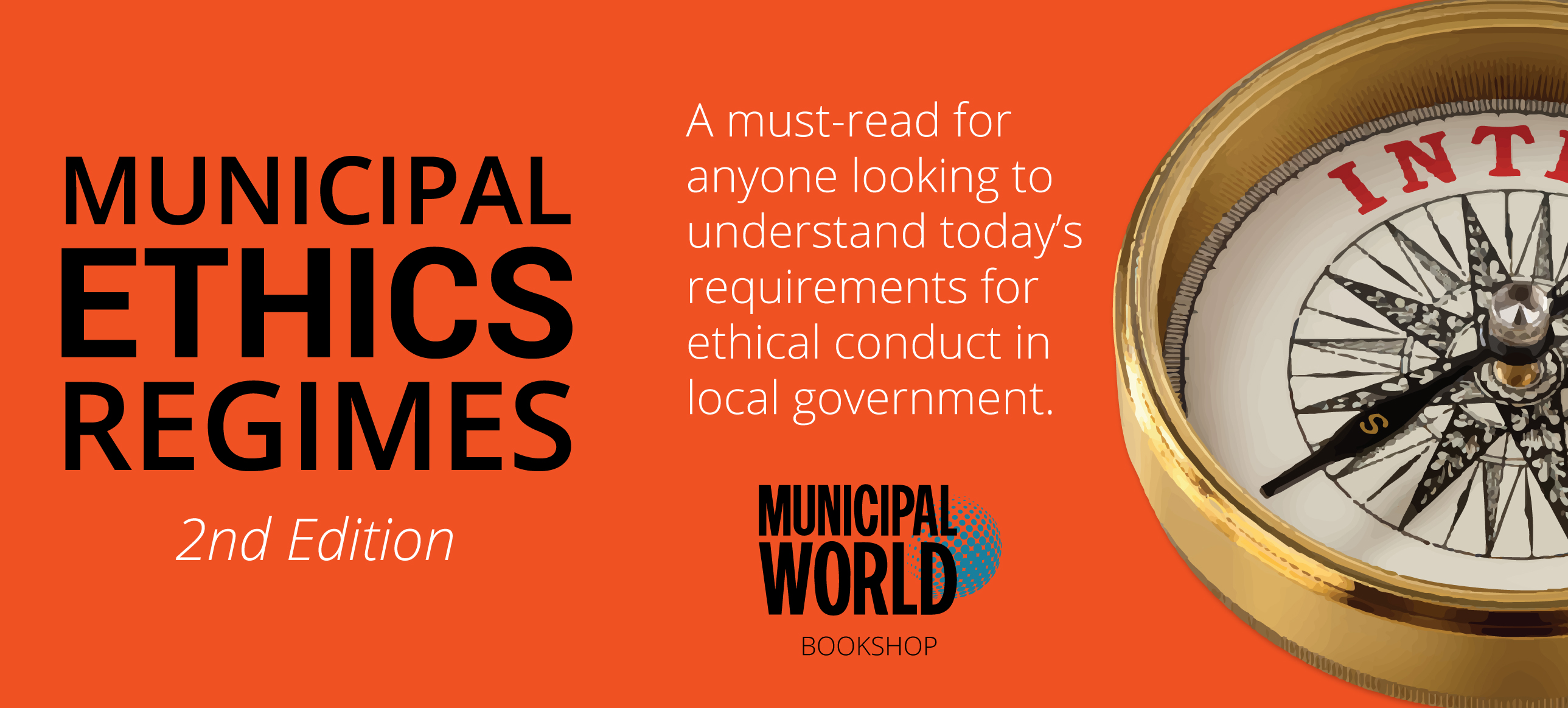Embracing business opportunities raises living standards and incomes for Fort McKay First Nation members

By seizing business opportunities, Fort McKay First Nation in northern Alberta has markedly improved the living standards of its members and raised its average after-tax income to more than $73,000—much higher than the national average, finds a new study released today by the Fraser Institute, an independent, non-partisan Canadian public policy think tank.
“Fort McKay is a success story, not just among First Nations, but all communities across Canada, and proof that sound political and economic leadership can dramatically improve living standards in big cities or rural settings,” said Tom Flanagan, Fraser Institute senior fellow and professor emeritus of political science at the University of Calgary.
The study finds that wholly owned and joint-venture businesses of Fort McKay—a small First Nation with approximately 900 members—generated more than $500 million annually, on average, over the past five years.
As a result, the average after-tax income for Fort McKay residents in 2015 (the most recent year of available data) was $73,571—significantly higher than Alberta’s ($50,683) and Canada’s ($38,977).

Similarly, Fort McKay’s score on the Community Well-Being Index—a measurement of living standards using income, employment, housing and education data from Statistics Canada—has increased from 57 in 1996 to 76 in 2011. That’s well above the average score for First Nations communities (59) and just three points below the average for non-Indigenous communities across Canada.
Crucially, Fort McKay’s economic success is not the result of developing natural resources they control. Rather most of the First Nation’s businesses service other companies involved in oil sands operations by providing transportation, vehicle repairs, earth-moving services, fleet management, worker accommodation and catering, for example.
“Fort McKay has never produced a drop of oil or earned a dollar from resource royalties even though it’s located in the heart of the oil sands,” Flanagan said.
“The band council’s success at improving living standards by seizing economic opportunities—without owning natural resources—could serve as an example for other First Nations, no matter their size or location.”
For more information, please visit https://www.fraserinstitute.org MW



